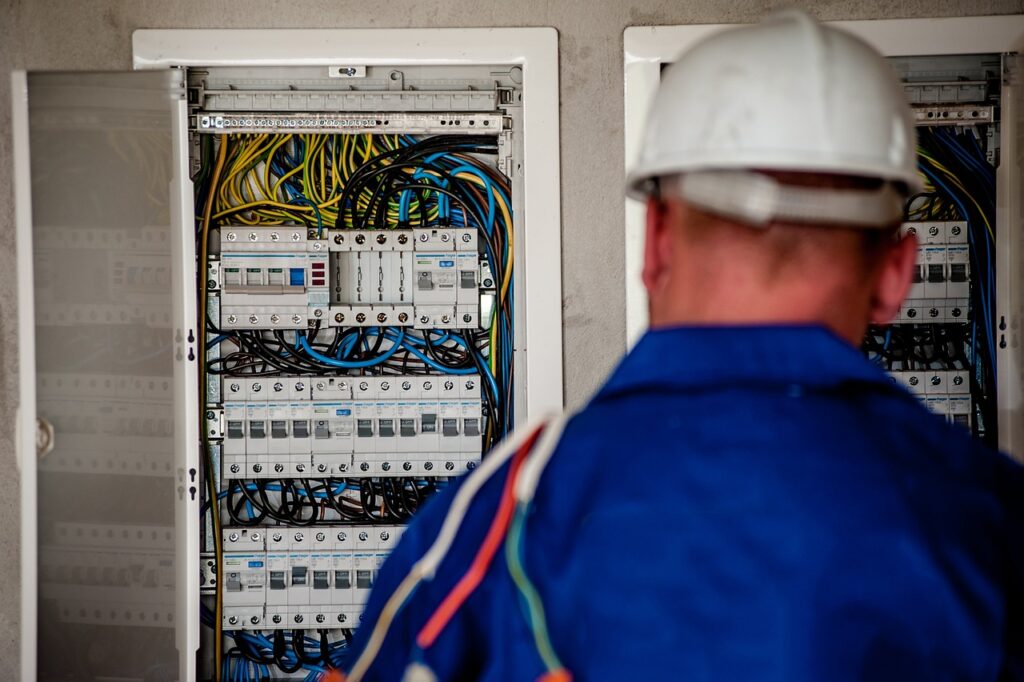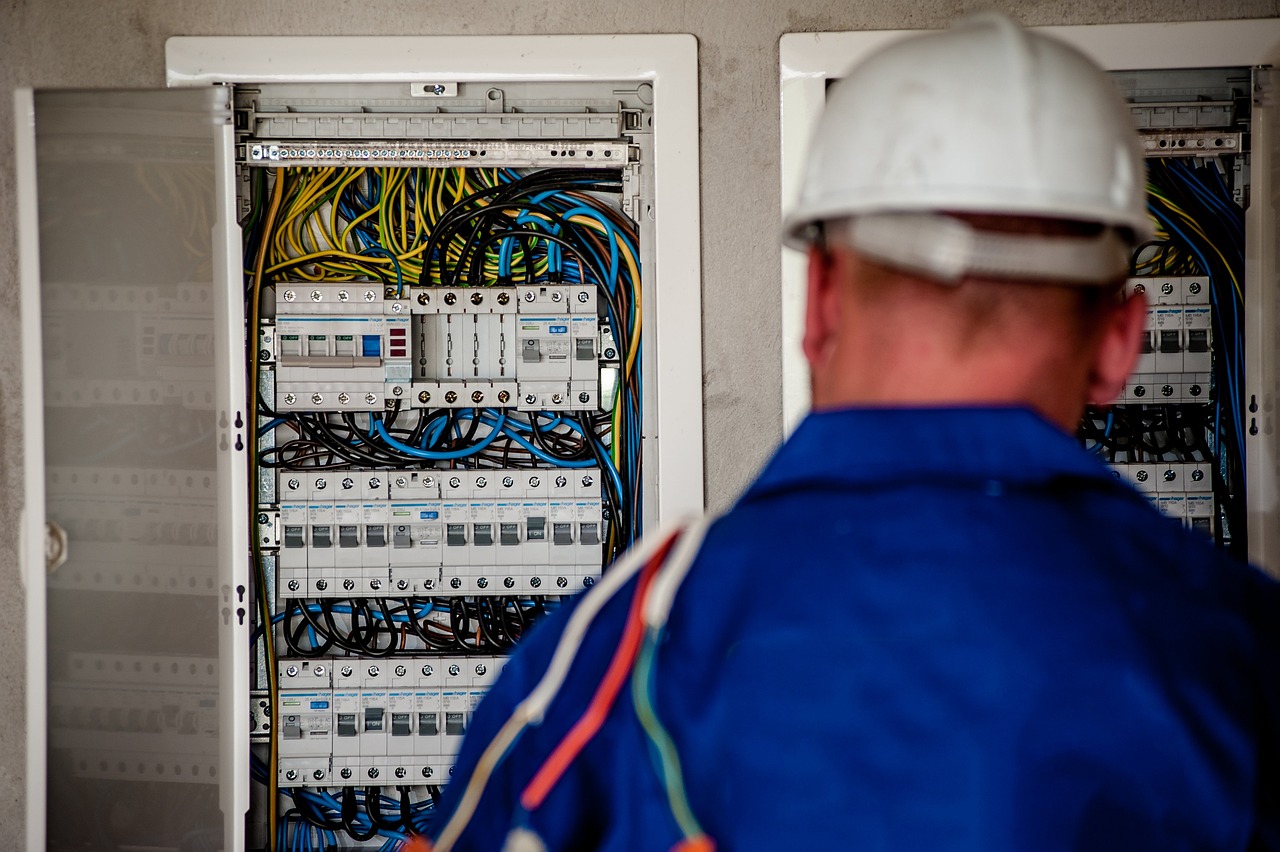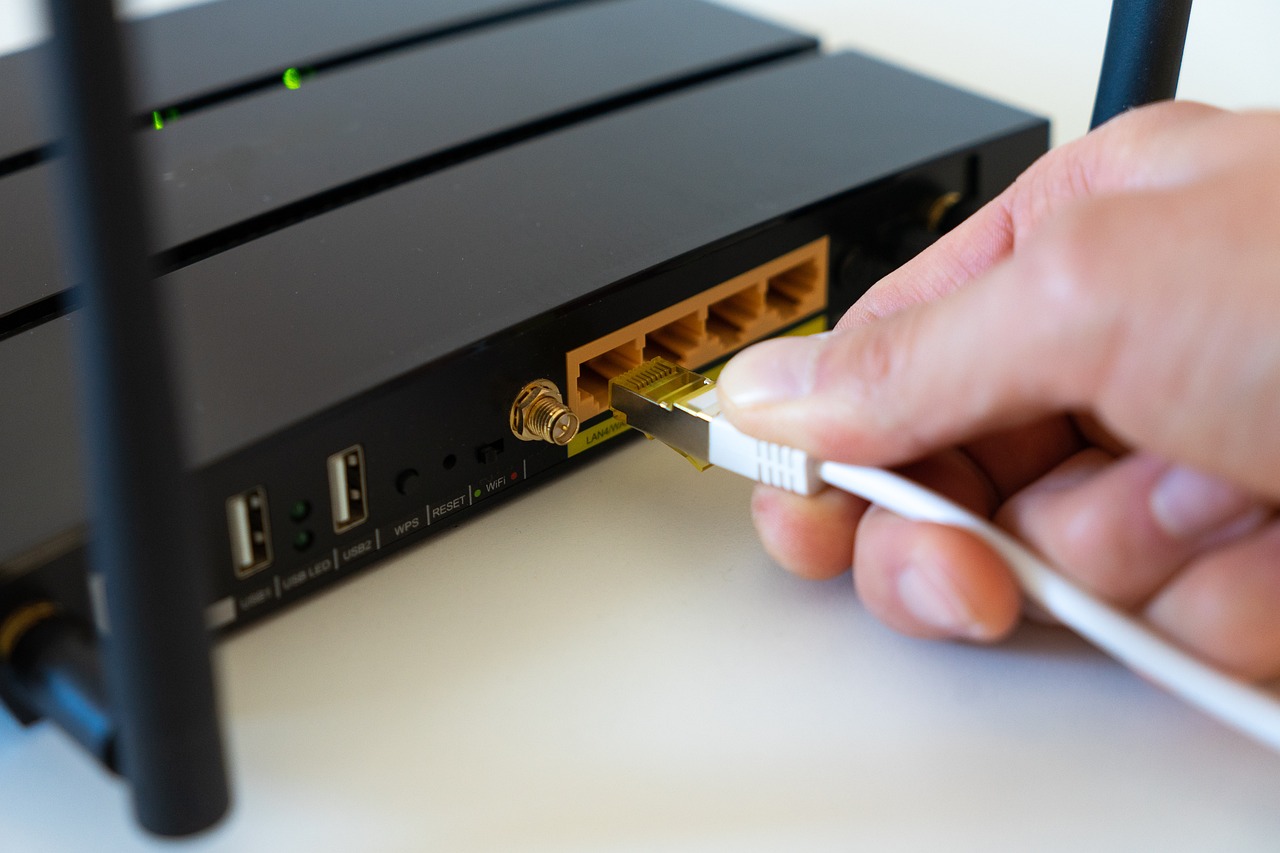Are you considering rewiring your basement? Whether you’re planning on turning it into a home theater, a guest suite, or a game room, rewiring is an essential step in ensuring your space is safe and functional. But where do you start?
This comprehensive guide will walk you through the process of rewiring your basement, from assessing your electrical needs to choosing the right wiring and materials, to the step-by-step rewiring process.
First, it’s important to assess your basement’s electrical needs. Consider what appliances and devices you plan on using in your space, as well as any lighting fixtures or outlets you’ll need. You’ll want to make sure you have enough circuits and outlets to handle your electrical load, while also ensuring your space meets all safety codes and regulations.
With the right planning and preparation, rewiring your basement can be a manageable DIY project that will help you create a functional and safe space for your family and friends to enjoy.
Assessing Your Basement Electrical Needs
Before you start rewiring, it’s important to assess your basement’s electrical needs so that you can create an effective plan for installation and ensure your safety.
You should start by upgrading circuits to accommodate your current and future electrical demands. This is important because if your circuits are not able to handle the amount of electrical energy that you need, it can lead to circuit overload, which can cause electrical fires and other hazards.
Another important step is to evaluate your electrical panel. An outdated or overloaded electrical panel can be a potential safety hazard. If your electrical panel is unable to handle the amount of electrical energy that you need, it’s important to upgrade it to ensure that it is in compliance with current electrical codes and standards.
By taking the time to assess your basement’s electrical needs, you can create a safe and effective plan for rewiring your basement.
Choosing the Right Wiring and Materials
When it comes to choosing the right wiring and materials for rewiring your basement, you’ll want to consider safety and durability.
One of the biggest decisions to make is whether to use copper or aluminum wiring. Copper wiring is more expensive, but it’s also more reliable and has a longer lifespan. Aluminum wiring is cheaper, but it can be prone to corrosion and can cause electrical fires if not installed properly. Ultimately, the decision between copper and aluminum wiring will depend on your budget and the specific needs of your basement.
Another consideration is whether to use conduit or non-conduit wiring. Conduit wiring involves running the wiring through metal or plastic tubes, which provides an extra layer of protection against damage and fire. Non-conduit wiring is simpler and less expensive, but it’s also more vulnerable to damage and can be a fire hazard if not installed properly.
Again, the decision between conduit and non-conduit wiring will depend on your specific needs and budget. It’s important to consult with a licensed electrician to determine the best wiring and materials for your basement rewiring project.
Preparing for the Rewiring Process
Get ready for the rewiring process by clearing out any clutter and moving furniture to make space for the electrician. It’s important to have a clear and accessible workspace before the electrician arrives.
Take the time to assess the layout of your basement and determine where the electrician will need to access. This will help you identify areas that need to be cleared out and make the process more efficient.
Additionally, it’s important to take electrical safety measures before the rewiring process begins. Turn off the power supply to your basement and make sure that all electrical appliances or devices are unplugged. This will prevent any electrical accidents from occurring during the rewiring process.
It’s also a good idea to inform your family members or roommates about the rewiring process and advise them to stay clear of the basement until the electrician has finished the job. By following these safety measures, you can ensure that the rewiring process will be completed smoothly and without any accidents.

Step-by-Step Guide to Rewiring Your Basement
To successfully revamp your basement’s electrical system, you’ll need to start by identifying the circuits and labeling them accordingly. This will make it easier for you to turn off the power when necessary.
You should also make sure that all the power outlets in your basement are grounded, which means that they are connected to a wire that goes into the earth. This is important for basement wiring safety, as it helps prevent electrical shocks and fires.
When rewiring your basement, it’s important to keep in mind that this is a complex process that requires skill and knowledge. Unless you’re a licensed electrician, it’s best to hire professionals to handle the job.
They can ensure that your wiring is up to code and safe for use, and they can also help you plan your basement’s electrical layout to make sure that it meets your needs. By hiring professionals, you can rest assured that your rewiring project will be completed safely and effectively.
Finishing Touches: Lighting, Outlets, and Safety Measures
Now that the circuits are labeled and the outlets are grounded, it’s time to add the finishing touches to your basement’s electrical system.
The first thing to consider is lighting placement. You’ll want to make sure that every area of the basement is well-lit, so plan on placing lights strategically throughout the space. Consider installing overhead lighting for general illumination, as well as task lighting for specific areas like a workbench or reading nook. You might also want to include dimmer switches so that you can adjust the lighting to fit your mood or activity.
When it comes to outlet spacing, you’ll want to make sure that there are enough outlets to meet your needs without overloading any circuits. A good rule of thumb is to have an outlet every 6 to 8 feet along the wall. Additionally, you should include GFCI outlets in areas that may be exposed to moisture, such as the laundry room or bathroom.
Finally, don’t forget about safety measures like smoke detectors. Make sure that you have at least one smoke detector on every level of your home and that they are placed in key areas like bedrooms and common areas.
With these finishing touches in place, your rewired basement will be safe, functional, and well-lit.
Frequently Asked Questions
How much does it typically cost to rewire a basement?
To rewire a basement, it typically costs between $1,500 and $3,000 depending on the size of the area. However, there are some DIY alternatives available to save money on labor costs. Cost breakdowns vary by location and electrical needs.
Can I do the rewiring myself or should I hire a professional?
If you have electrical knowledge and experience, you can consider DIY rewiring your basement. However, it’s safer to hire a professional if you lack expertise. Electricity can be dangerous, and safety concerns must be taken seriously.
Are there any permits or inspections required for rewiring a basement?
Before starting any rewiring project, it’s essential to research permit requirements and the inspection process in your area. Follow legal considerations and safety precautions to ensure a successful and safe project.
How long does the rewiring process usually take?
Rewiring process duration varies depending on the project’s size and complexity. DIY rewiring may take several weeks to complete, while professional rewiring can take a few days to a week. The estimated time should be discussed with your electrician.
What are some common mistakes to avoid when rewiring a basement?
When rewiring a basement, proper grounding and outlet spacing are crucial. Choosing the right wire gauge and labeling circuits can prevent common mistakes. Don’t overlook these details to ensure a safe and functional electrical system.
Conclusion
Congratulations on completing the rewiring process for your basement! You’ve taken a major step towards ensuring the safety and functionality of your home.
Make sure to take some time to admire your handiwork and enjoy the benefits of a properly wired basement.
Remember to always prioritize safety when working with electrical wiring. If you have any doubts or concerns, don’t hesitate to consult with a professional electrician.
With the right tools, materials, and precautions, you can successfully rewire your basement and create a space that is both comfortable and safe for you and your family.
Happy rewiring!



